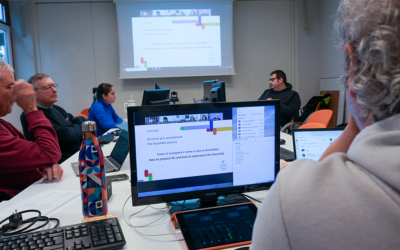The celebration of the World Humanitarian Day, chosen by the UN Assembly in 2009 on the anniversary of the air raid of 19 August 2003, at the seat of the United Nations in Baghdad, is an occasion to pay tribute to the humanitarian operators who daily risk their lives worldwide to deliver their services in difficult and dangerous conditions. According to international law, this service is based on a series of principles, such as humaneness, impartiality, neutrality and independence. The operators are guaranteed access to countries affected by humanitarian crises, conflicts or climate disasters, to furnish immediate assistance, which for many, makes the difference between life and death, and through time a psycho-social support to rebuild the communities and maintain a durable and sustainable peace in the areas of conflict.
Be gentle
Be gentle




0 Comments